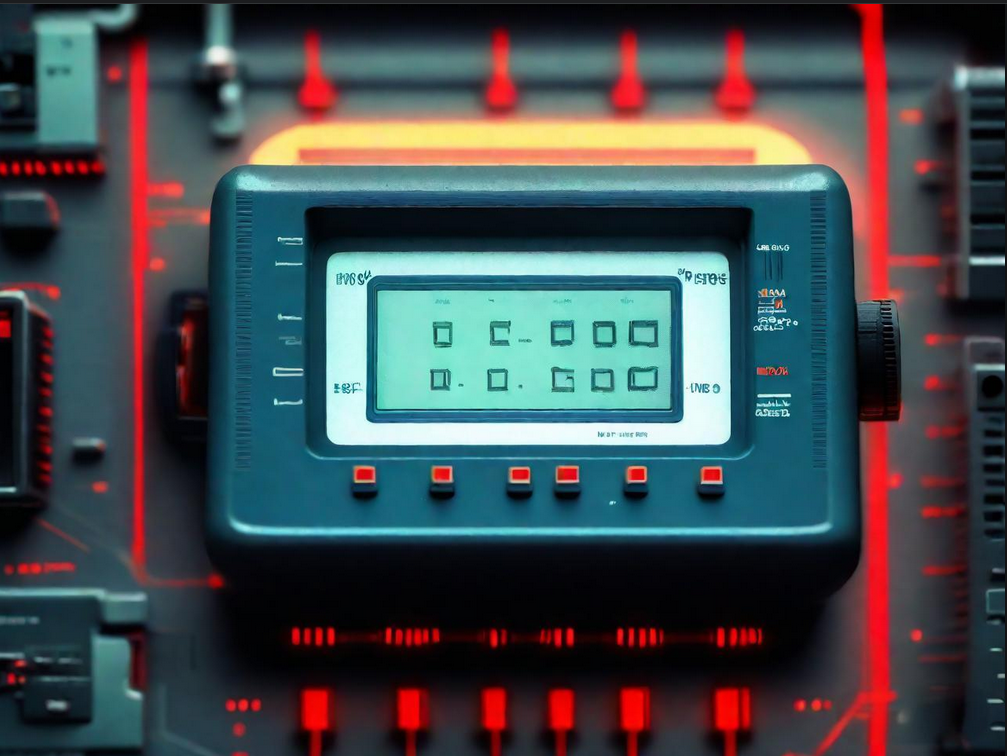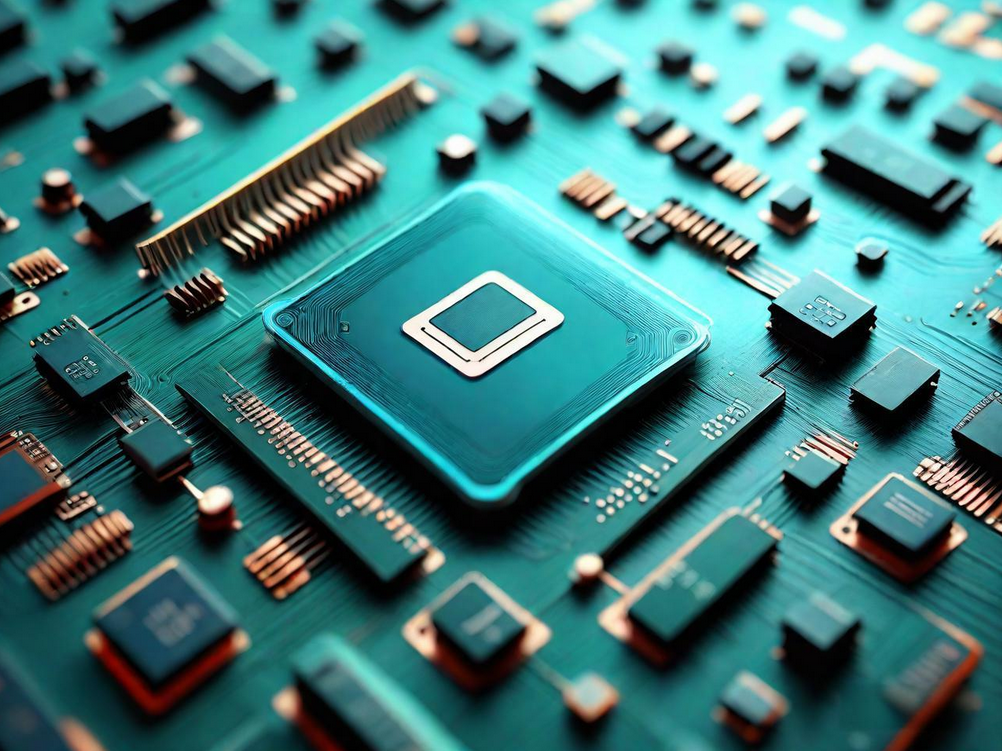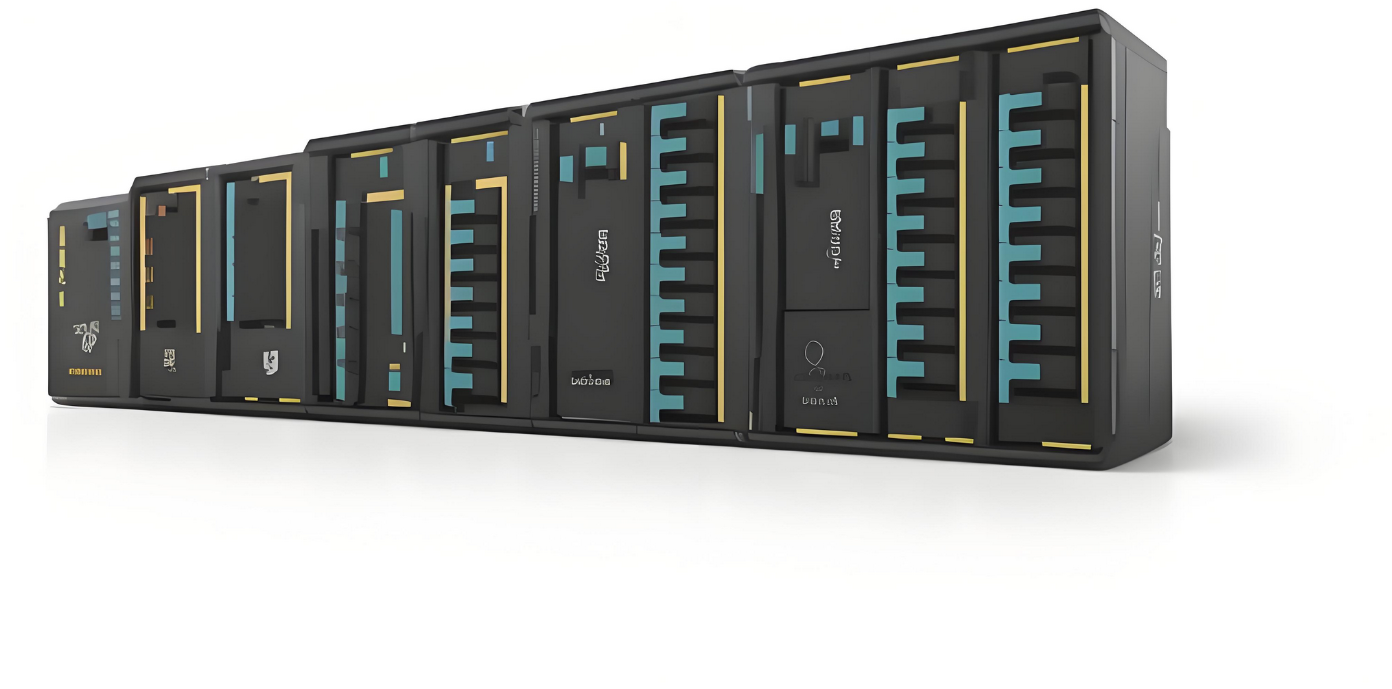

 Time:2024-02-27
Time:2024-02-27
 Author: evvo
Author: evvo
 Read: 671times
Read: 671times
Discrete semiconductor devices include diodes, transistors, MOSFETs, IGBTs, etc., which are the basic components of electronic circuits. These devices have the characteristics of fast switching, high efficiency and low power consumption, and are very suitable for the circuit design of smart meters.
Application of discrete semiconductor devices in smart meters
The core function of smart meters is energy metering, and discrete semiconductor devices play a key role in this process. For example, Schottky diodes are used for rectification, transistors for signal amplification, etc.
Smart meters need to exchange data with the grid management system, discrete semiconductor devices are used in the communication module for signal modulation and demodulation, as well as signal amplification and filtering.
The power management module of a smart meter requires an efficient and stable power supply, where discrete semiconductor devices are used for power conversion and voltage regulation.
In order to ensure the stable operation of the meter and prevent overload, discrete semiconductor devices are used in overcurrent and overvoltage protection circuits.

Advantages of discrete semiconductor devices
· High efficiency: discrete semiconductor devices can provide high efficiency conversion of electrical energy and reduce energy loss.
· Fast response: Fast switching characteristics enable smart meters to respond to changes in grid status in real time.
Reliability: The stability and durability of discrete semiconductor devices ensure the long-term reliable operation of smart meters.
Cost effectiveness: Discrete semiconductor devices offer cost advantages over other types of semiconductor devices.
The application of discrete semiconductor devices in smart meters is multifaceted, they not only improve the performance of the meter, but also enhance its reliability and stability. As technology continues to advance, discrete semiconductor devices are expected to play a greater role in the field of smart meters.


